Quality stonework and brick repair that protects your Chelsea property for decades, not just years.
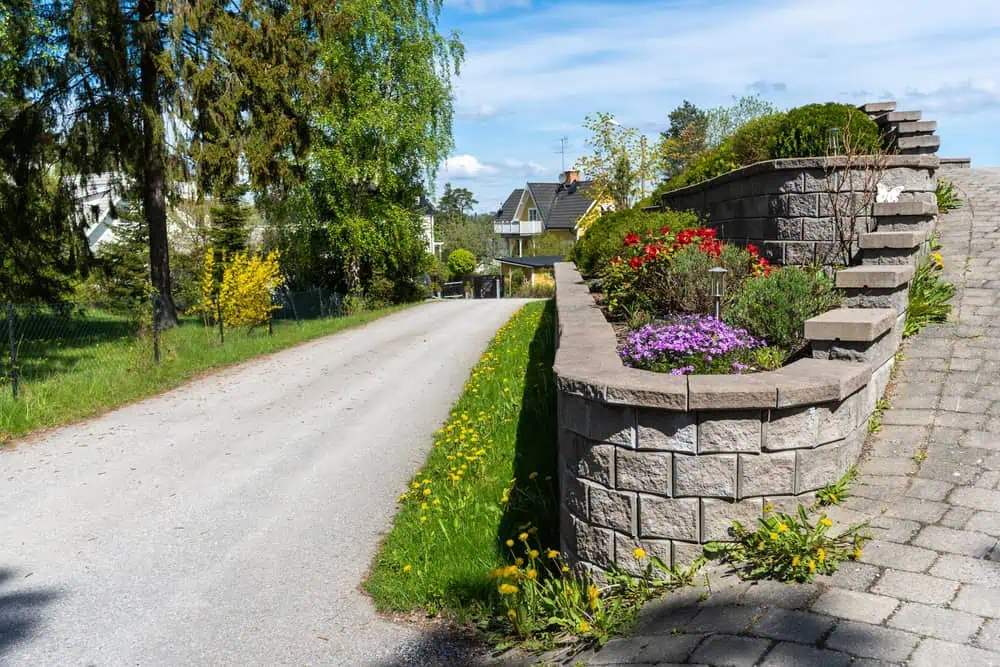
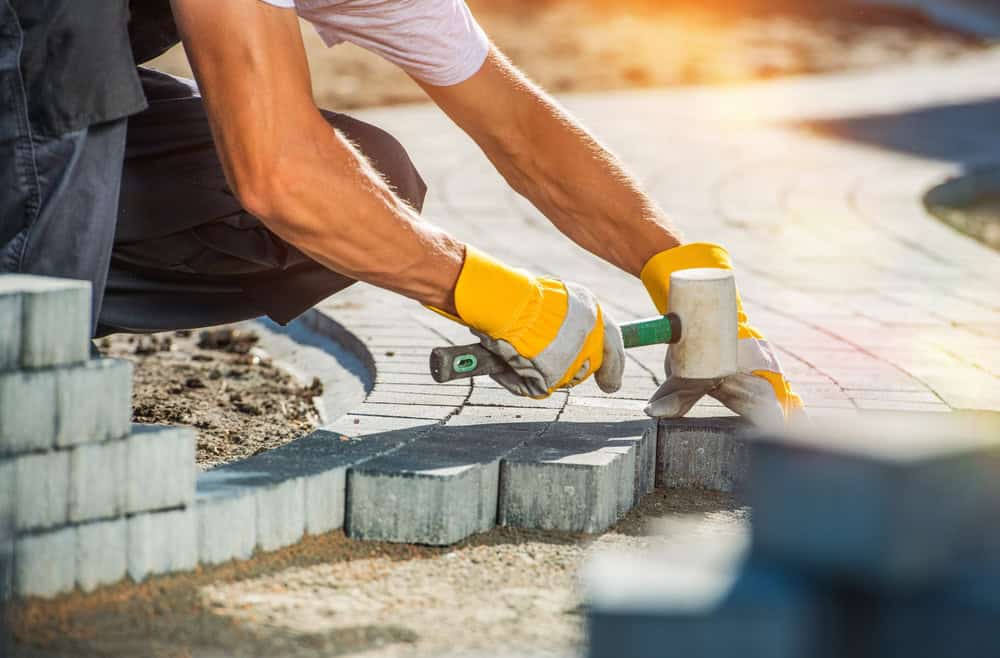
When masonry work is done right, you stop worrying about it. Your foundation stays solid through New England winters. Your brick walls don’t develop new cracks every spring. Your property value goes up instead of down.
You get stonework that looks like it belongs on your Chelsea property. Not some cookie-cutter job that screams “cheap repair.” The kind of craftsmanship that makes neighbors ask who did the work.
Most importantly, you get peace of mind. No more wondering if that crack is going to turn into a bigger problem. No more calling around for emergency repairs when the weather turns. Just solid, reliable masonry that does its job year after year.
Academy Masonry has been working on Chelsea properties for years. We understand the specific challenges that come with this area’s older homes and commercial buildings.
We’re licensed, insured, and we show up when we say we will. Our team knows local building codes and what inspectors look for. We’ve worked on everything from small residential repairs to larger commercial restoration projects throughout Chelsea and the surrounding areas.
You won’t find us cutting corners or disappearing halfway through a job. We finish what we start, clean up properly, and stand behind our work.
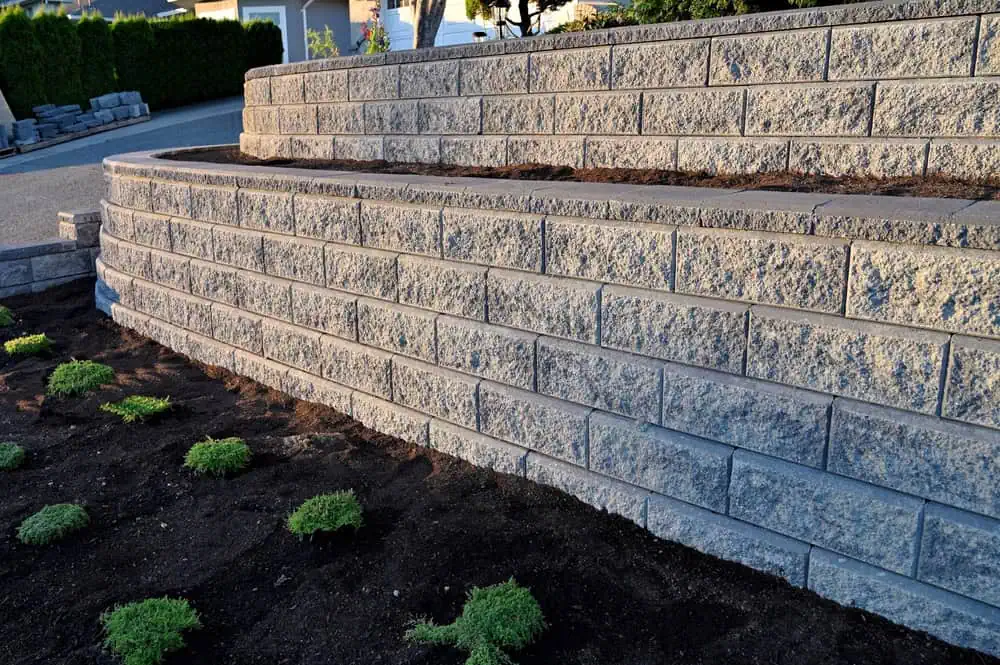
First, we come out and actually look at what needs to be done. No guessing, no ballpark estimates over the phone. We assess the current condition, identify any underlying issues, and explain what we find in plain terms.
Then we give you a detailed written estimate that breaks down materials, labor, and timeline. No surprises, no hidden fees that show up later. You know exactly what you’re paying for before we start.
Once work begins, we handle permits if needed and coordinate with inspectors. We protect your landscaping and other property, complete the work efficiently, and clean up thoroughly when we’re done. You get regular updates on progress, not radio silence until the bill shows up.
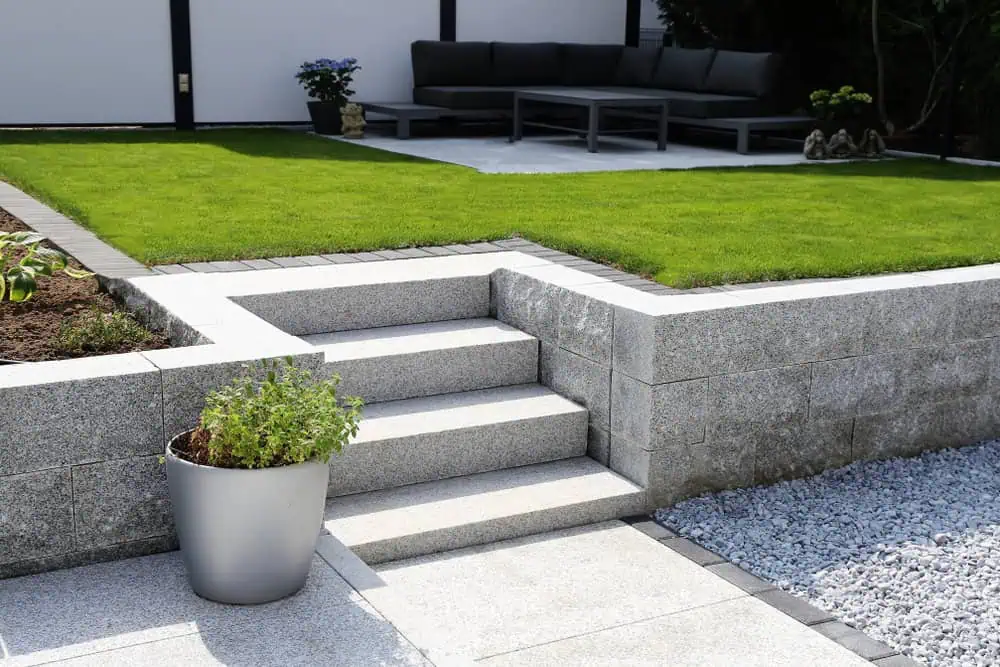
Ready to get started?
Our masonry services cover everything from small brick repairs to complete stone installations. We handle pointing and repointing, foundation work, chimney repairs, retaining walls, and decorative stonework. Each project includes proper preparation, quality materials, and thorough cleanup.
We source materials that match your existing masonry and hold up to Chelsea’s weather conditions. That means considering freeze-thaw cycles, salt exposure from winter road treatments, and the general wear that comes with New England weather patterns.
Every job includes a walkthrough when we’re finished. We explain what we did, point out any areas that might need attention down the road, and make sure you’re satisfied with the results before we consider the project complete.
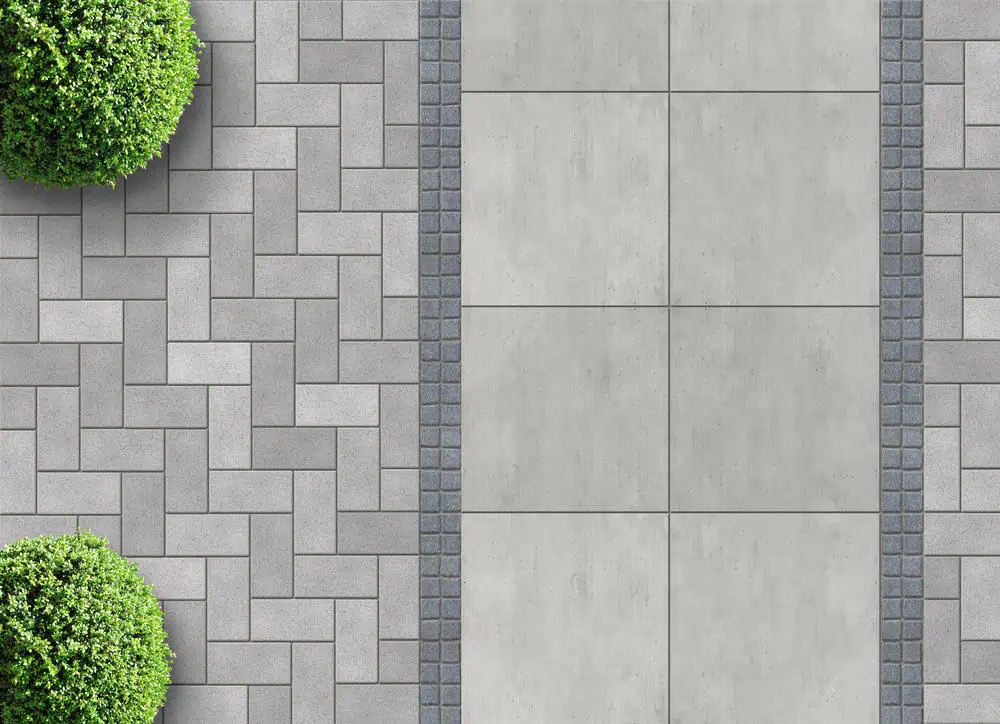
Local Resources